Travelling to another country is always adventurous and exciting. There are several reasons why people need to move from one place to another. Some people move around for work, immigration, permanent residence, education, and even medical reasons. To exit your home country and enter another one, you need a visa. Visas are granted only on an application basis. You must make an application to the embassy or consulate of the country you are planning to visit.
The visa interview is a part of the final process of the application. The visa officer interviews you personally and makes an assessment that either grants or rejects your visa. He/ she also checks all the documentation and paperwork submitted during the online application. To understand the entire process with the steps, you should consult iasservices.org.uk. During the application, you would also need to submit the required proof of funds.
Many people face a lot of anxiety during the visa interview. While we understand this is natural, we can help you with some valuable tips. Visa interviews should not be stressful. Instead, they should be an honest exchange of your reasons for application and future steps.
Let us look at some useful tips for visa interviews.
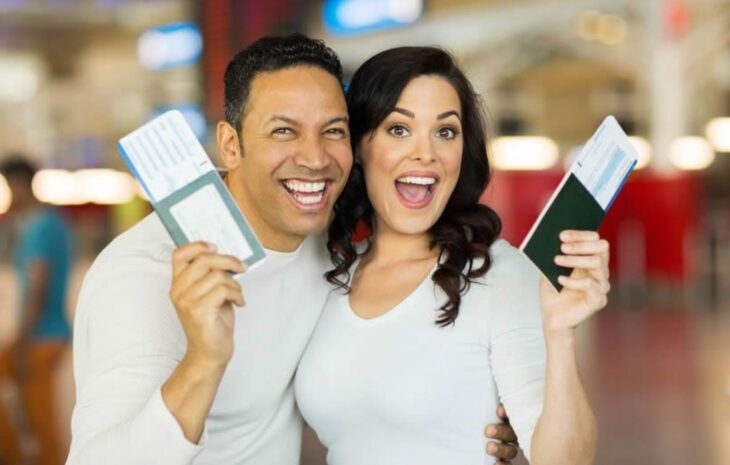
Source: US Visa Appointment
Contents
1. Items To Carry:
Most visa centres, embassies or consulates will send you an email with the list of documents to carry. For the day of the visa interview, it is best to make a folder or docket of all the essential paperwork. Documents like birth certificate, passport copies, previous visa copies, educational records and transcripts, offer and acceptance letters, immigration-related papers, tickets, financial documents, and proof of residence or homestays should be brought along for evidence and verification. One thing to keep in mind is to be very careful with transcripts. Official documents such as birth certificate need to be translated by a professional. Check this resource on how to choose the best birth certificate translator.
You may also be asked to carry a pen, some stationery to make notes, passport-sized photos, and other visa-related things. If you have any documents in any language other than English, it is best to translate and notarize them for the visa officer. You should also keep your mobile phone switched off or in aeroplane mode to avoid distractions during the interview. If you keep getting calls and texts during your interview, you will get distracted and may not be granted a visa.

Source: unsplash.com
2. Interview Etiquette:
Always remember that the visa officer has all the documentation for your application beforehand. There is a good chance that your case has been reviewed, and only the visa interview is pending the final verdict. Conversational etiquette and politeness should be maintained at all times. When you meet the officer, always greet with a good morning or afternoon. If he/she also makes polite conversation, asks you to take a seat, or asks how you’ve been doing, you should always reply in a conversational, polite tone and thank them for asking.
During the interview, you should always be honest and give information regarding the questions asked. Often, the visa officer may ask you questions about your future, plans, goals, and so on. It is best to have an idea and frame your sentences before responding. If you need to take notes, you may request the interviewer to allow you time to write down a few points. However, you should not read your written pointers. You should form reasonable sentences and respond in conversational fluent English (wherever applicable).
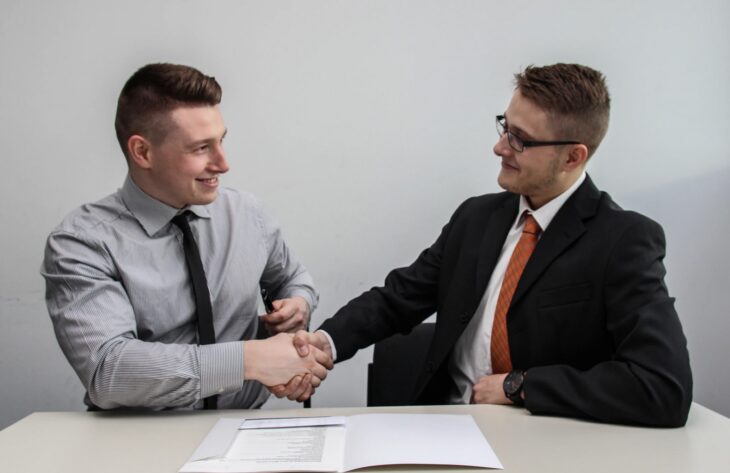
Source: unsplash.com
3. Dressing:
The dressing is part of the interview process. If you were going for a job interview, you would dress up well. The same principle applies here too. Avoid wearing denim, casual clothes, grunge outfits, and activewear. Instead, opt for formal clothing that befits the situation. Neatly ironed clothes without wrinkles, formal trousers, skirts, and shoes should be worn.
Women should avoid applying too much makeup and should also refrain from flashy jewellery or purses. If you have nails with glittery and shimmery polish, you should remove them and opt for nude or white shades. The visa interview is a highly formal process, and you should maintain decorum at all times. Dressing in formals also gives you confidence and helps in answering positively.
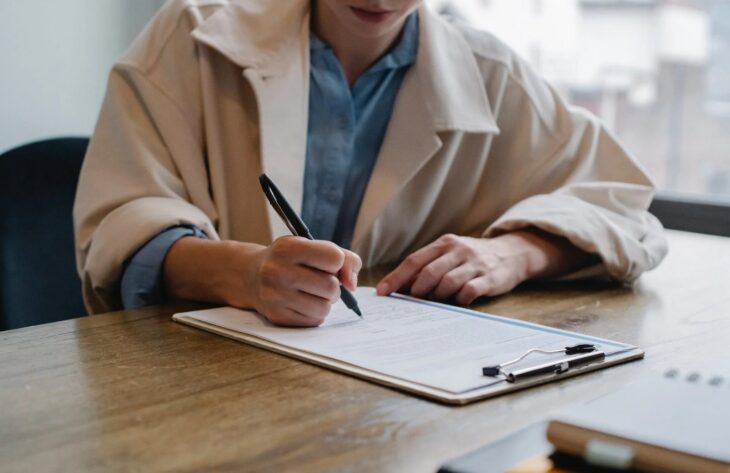
Source: pexels.com
4. Answer Logically:
We understand that you may be anxious or nervous during the interview. The visa officer also understands that. When asked about your travel and why you chose that particular country, you should give logical responses. The visa officer already knows the visa category you have applied for, so it is not a surprise. If you are a student, you have applied for a student/ education visa. At this point, the officer wants to know your reasons for choosing the country or university and wants an explanation about your reasoning. You should be precise and answer honestly, confidently, and politely.
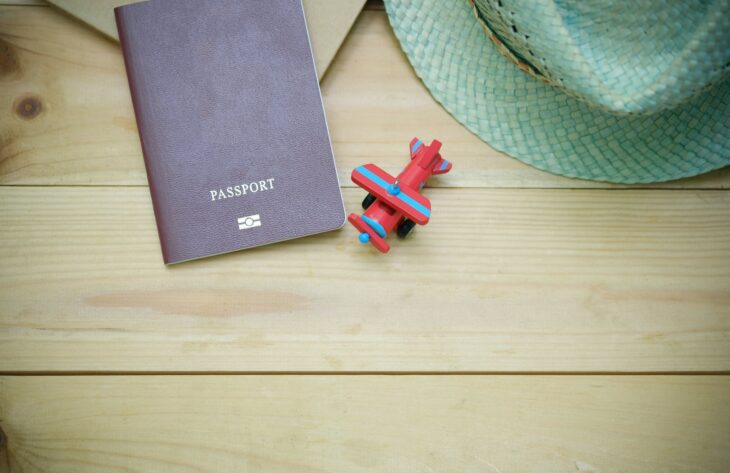
Source: pexels.com
5. Prepare For The Interview:
Just like you would prepare for a job interview, so should you consider getting everything ready for a visa interview. Check with the immigration advice service about any questions that may arise during the interview. You should pre-prepare some answers and have all the logical data and information ready with you.
If language is a barrier, you should attempt practising in front of a mirror or some trusted loved ones before going for the final interview. Practising your speech, and learning how to control the tone of voice, when to pause, and which words to use, can add to your confidence levels, and help you ace the dreaded visa interview.
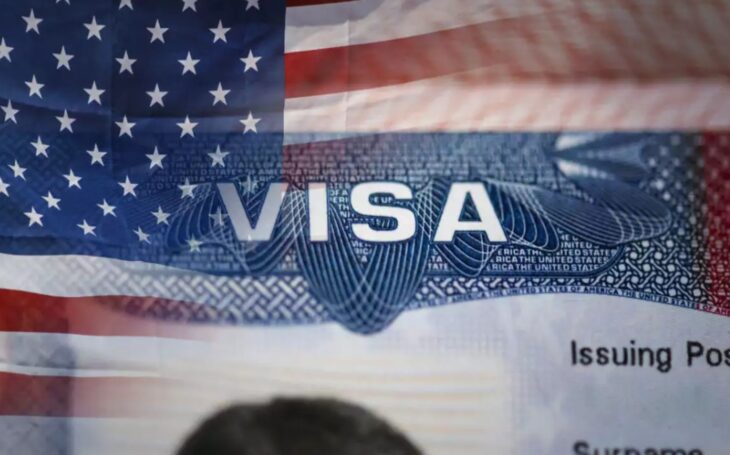
Source: Times of India
6. Beware Of Potential Pitfalls:
During the visa interview, the officer will ask you personal questions regarding your family members, their jobs/ work, the total income of your household, and so on. Always stick to the information given in your application form. Most officers like to verify some of the personal information in the form of questions.
Making a mistake while answering personal questions can give the visa officer grounds for rejecting your applications. You should also make a conscious effort to memorize the addresses, phone numbers, and other vital information regarding your spouse/ common-law partner/ fiance/ or family members. People traveling with dependents and family members need to have all the information (including birth dates) at their fingertips.
